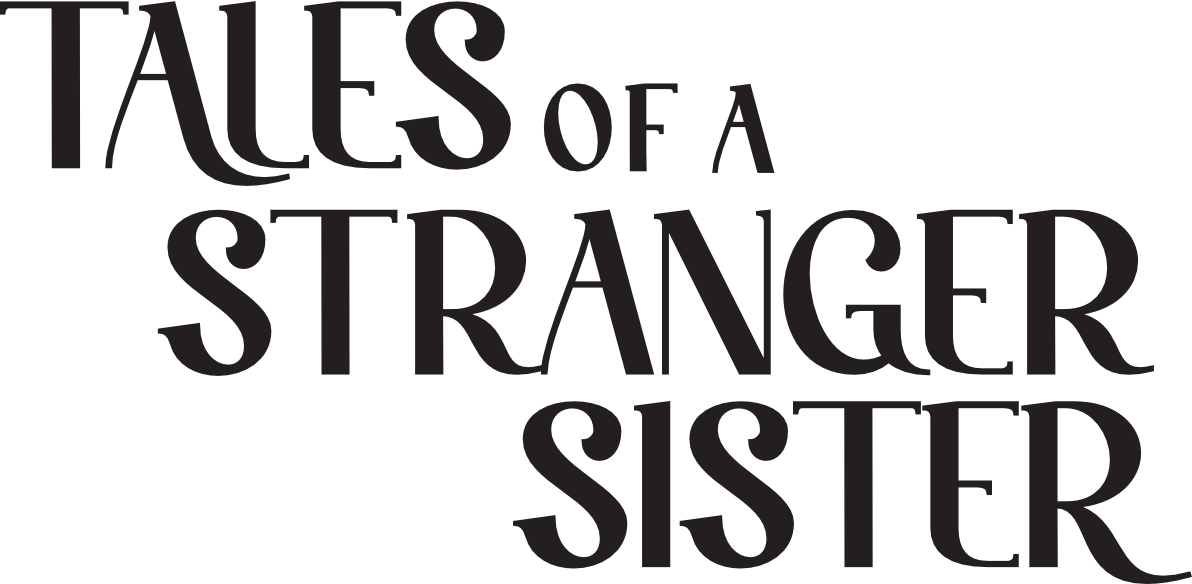
Gallarian/Imperial Playing Cards
A standard deck of Imperial playing cards has 70 cards divided between 5 suits and colors. These are Swords (Black), Suns (Red), Moons (Blue), Stars (Yellow), and Gems (Green). Each suit features cards numbered 1-10 and three illustrated cards representing the Emperor, Empress, and a Knight. There are an additional 5 illustrated cards that do not belong to any suit and they represent each of the different types of Magi (Air, Water, Fire, Stone, and Life).
Throughout the Empire, there are regional differences in the cards in terms of both their appearance and contents. In Mundaxis, the knight cards are more often than not called “Paladins.” In Rheingarten, since black is considered an unlucky color, the sword cards are colored purple instead. In Karskvolkia, there’s a 71st unsuited illustrated card featuring Gallar the Triumphant and it often grants a great advantage to players in the games that use it.
Poor Man’s Fortune
Poor Man’s Fortune is a popular game for moderate-sized groups due to its simple rules and fast play. It uses the entirety of the standard 70-card deck, though some players will remove the magi cards if they wish to increase the challenge.
The object of the game is for players to get rid of the cards in their hand as quickly as possible, and it gets its name from a famous pre-Imperial parable about two poor men who find a purse of gold coins. The story typically goes as follows:
Once, two very poor men were walking down a less-traveled road together when they came across a purse lying off to the side, and which looked to have been there for a long time. When they opened it, they discovered it was full of gold coins. As there was nothing inside identifying the purse’s owner, and it seemed to have been lost long ago, the two men agreed to keep the coins and split them between themselves.
The first man took his share and was able to live comfortably, if modestly, for quite some time. One day, however, as he walked down a street in the city where he used to beg, he found the other man sitting by the street with his begging bowl in hand.
When he saw his old companion, he was aghast and asked, “Why are you here begging? The money we found and shared should have fed, clothed, and sheltered you to this very day. Were you robbed?”
The still-poor man shook his head. “No, I was not robbed.”
“Then did you lose it gambling?”
Again, the poor man shook his head. “I have never touched cards or dice in my life.”
The first man seethed a little. “Then you must have spent it all foolishly. Lavish extravagances, like liquor and evenings in the company of women!”
With a cheerful grin, the poor man said, “Not at all. Not a single copper went into a cup nor into the pockets of a working woman. I am certain it has been invested wisely. Come, sit down with me, and I’ll tell you where the money went.”
The poor man then proceeded to tell his old friend where his found fortune had gone. He spoke of a poor widow he knew with three children, who always looked hungry. He gave her enough so they could travel to where her family was, and with enough extra to ensure none of them would feel a single pang of hunger during the journey. He recounted how he paid off one man’s debts to keep him out of the debtor’s prison, and bought another a new plow to replace the broken one that was preventing him from planting crops that spring. Each story the poor man told went like that, with him finding someone in need of money and him providing it without hesitation. The very last of it was spent financing his nephew’s apprenticeship with a prominent silversmith, so his sister’s family could one day have a better future than his own.
When he was finished, the first man looked at his old friend with sadness. “My friend, what you did was admirable, but now you are as poor as you were before we found those gold coins. While all those you helped had their needs met, here you now sit, once more begging in hopes of not starving. Do you regret your unconstrained generosity at all?”
The poor man, still smiling, shook his head. “No, my friend. Because even if it was a for a short period of time, I was able to feed those who needed food, aid those who needed aid, and give those with a bleak future a much brighter one. That knowledge is worth more than a hundred times what we found in that ragged purse. True, I may no longer have those gold coins, but still, I am a rich man.”
The first man considered what his old friend had said, and without further word, emptied the contents of his pockets into the poor man’s begging bowl. He then left, knowing that the money would soon make its way into the pockets of many others, as his friend could not deny his generous nature.
Even though his pockets were now much lighter, he had to admit that, like his poor friend, he felt much richer.
Rules of Play:
To begin Poor Man’s Fortune, the deck is shuffled, and each player is dealt a hand of 8 cards. The remaining deck is placed at the center of the table, where top card is drawn and laid face up. Starting with the dealer, the active player must do one of following:
- Play a card of the same suit as the drawn card
- OR Play a card of the same value as the drawn card
- OR Play a magus card
- If they cannot do ANY of the first three, they must instead draw a card from the deck. Their turn then ends, and play continues with the next player to their left.
If the active player plays a card of the same suit, their turn ends and the next player’s turn begins.
If the active player plays a card of the same value (e.g. the current card on top of the play pile is Three Gems and the active player plays Three Swords), then the next player in order MUST Draw two cards before playing any cards from their hands. If the next player then also plays a card of the same value (e.g. they play Three Suns) then the next player in order must draw THREE cards before playing a card from their hand. This continues this way with the draws increasing by one card each time until a card with a different value is played.
If the active player plays a magus card, they can choose one of three things to happen:
- They may choose ANY player to immediately draw two cards.
- They may reverse the order of play and instead of the next player being the person to their left, it is now the player to their right.
- The next player in order is skipped over this round.
After the magus card is resolved, immediately draw the next card on the deck and place it on the magus card. Play then resumes, moving to the next player in order, and using that card as the new starting point.
If a magus card is ever drawn this way or at the beginning of the game, immediately draw another card and keep drawing cards until a non-magus card is the active card at the top of the play pile.
If the deck runs out cards, immediately take all cards in the played pile except for the current active (topmost) card and shuffle them into a new draw deck.
Play continues until one player has successfully played all cards from their hand. Traditional rules states that when that player plays their final card, they must declare “I am a rich man!” if they fail to make the declaration, they must draw two cards as a penalty, and play continues. This is only a traditional rule and not mandated in most official rules printings.
Playing Poor Man’s Fortune on Urth
As Urthian playing card decks are much smaller with both fewer suits and cards, there are two options for playing the classic Litian game on our world:
- Use a 56-card deck (Standard 52-card deck with 4 jokers). The jokers act as magus cards. Deal only 7 cards instead of 8 at beginning of game. Otherwise, the rules are exactly the same.
- Use a specialty deck with extra suits, like the Heckadeck from More Lies Publishing/Chronicle Books (Available here.) You can use this to build a 70-card Gallarian-style deck by choosing 5 of the suits in the deck (pulling the 1-10, J, Q, & K cards of those suits along with 5 unsuited cards (e.g. the 4 jokers and the crone card) to act as magi cards.)
